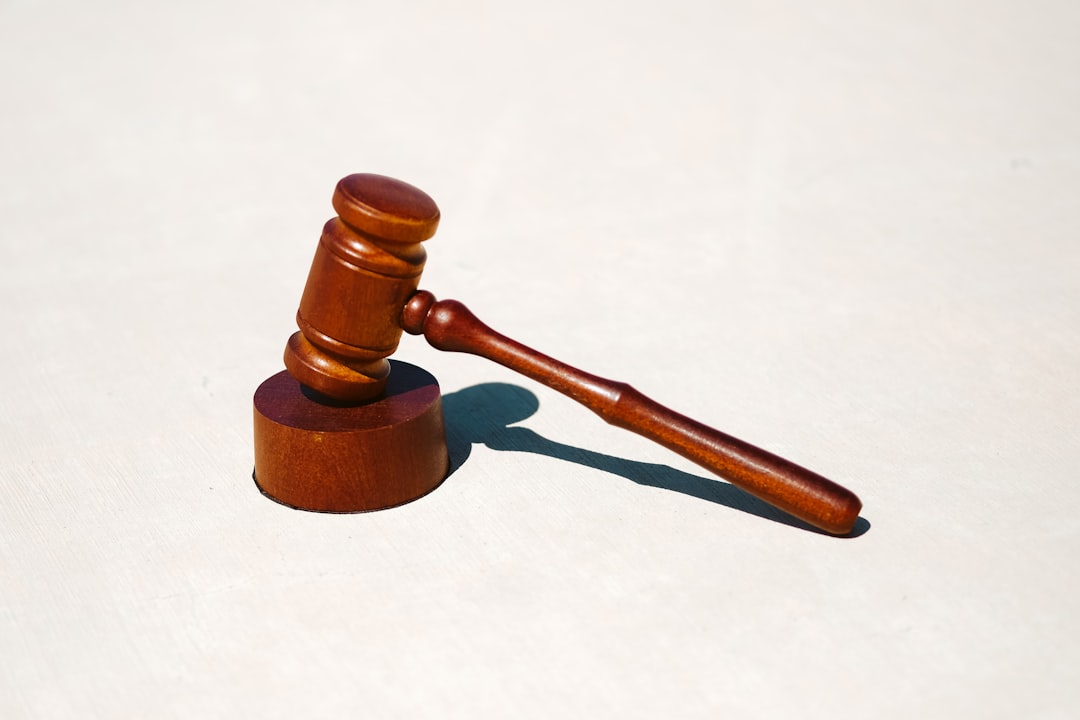Wyoming's strict debt collection laws protect both consumers and collectors. Debtors have rights to fair treatment, clear communication, and debt validation, while collectors must follow guidelines including identifying themselves, providing contact details, and respecting privacy. The Fair Debt Collection Practices Act (FDCPA) sets federal rules for collector behavior. Violations can be disputed with the Wyoming Attorney General's Office or through arbitration. A debt collector lawyer Wyoming ensures compliance and safeguards rights throughout the process.
Understanding Wyoming’s debt collection laws is crucial for both debtors and debt collectors. This guide breaks down your rights and responsibilities under state regulations, focusing on the Fair Debt Collection Practices Act (FDCPA) and its application in Wyoming. We’ll explore state-specific exemptions, legal action options, and dispute resolution strategies. If you’re facing debt collection issues or are a debt collector navigating Wyoming’s landscape, this resource is for you, offering insights from a debt collector lawyer Wyoming residents trust.
Understanding Debt Collection Laws in Wyoming

In Wyoming, debt collection laws are designed to protect both consumers and debt collectors, ensuring fair practices and transparent communication. The state’s regulations govern how and when debt collectors can contact individuals about their debts, as well as the information they must provide. Understanding these laws is crucial for anyone dealing with a debt collector lawyer in Wyoming, as they can help you know your rights and ensure compliance.
Wyoming law requires debt collectors to obtain certain permissions before engaging in collection activities, such as verifying the debt’s validity and providing written notice to the debtor. They must also refrain from using abusive, oppressive, or humiliating tactics, and respect individual privacy by not contacting residents at inappropriate times or places. Consulting with a debt collector lawyer can help debtors navigate these rules, dispute unfair practices, and maintain their legal rights throughout the debt collection process.
Rights of Both Debtors and Debt Collectors

In Wyoming, both debtors and debt collectors have specific rights and obligations governed by state laws. Debtors are entitled to fair treatment and clear communication from collection agencies. They can request validation of the debt, meaning the collector must provide proof of the amount owed and the reason for collection. Additionally, debtors can dispute the debt if they believe it’s inaccurate or incorrect.
On the other hand, a debt collector in Wyoming must adhere to strict rules, including prohibiting aggressive or harassing behavior. They are required to identify themselves as agents of a collection agency and provide contact information. Debt collectors cannot call before 8 am or after 9 pm (local time) unless the debtor consents to early or late calls. Furthermore, they cannot use false or deceptive statements when attempting to collect a debt, and they must respect the debtor’s privacy and financial information. Engaging a debt collector lawyer in Wyoming can help both parties understand and protect their rights under these laws.
Fair Debt Collection Practices Act (FDCPA) Application

In Wyoming, the Fair Debt Collection Practices Act (FDCPA) applies to debt collectors who want to collect debts from consumers within the state. This federal law sets strict guidelines on how and when debt collectors can contact individuals about their unpaid debts. It protects consumers from abusive, unfair, or deceptive practices by debt collectors. If you’re dealing with a debt collector in Wyoming, it’s crucial to know your rights under the FDCPA. A debt collector lawyer in Wyoming can help you understand these rights and ensure that collection efforts comply with the law.
The FDCPA outlines specific do’s and don’ts for debt collectors, including restrictions on when they can call, what information they can share, and how they must communicate. It also gives consumers the right to dispute their debt and request validation from the collector. If a debt collector violates these rules, affected individuals may take legal action and seek damages, which could include compensation for emotional distress caused by harassing or unfair collection tactics.
State-Specific Regulations and Exemptions

Debt collection laws in Wyoming are governed by both state and federal regulations, offering certain protections for consumers. The Wyoming Department of Banking supervises debt collectors operating within the state, ensuring compliance with the Fair Debt Collection Practices Act (FDCPA) and other relevant statutes.
When it comes to state-specific regulations, Wyoming has its own unique rules. For instance, debt collectors must provide a valid written notice within five days of initial contact, outlining the amount owed and the name of the original creditor. Additionally, collectors cannot engage in abusive or deceptive practices, such as threatening violence or falsely representing themselves. Certain debts may also be exempt from collection efforts, including some medical bills and specific types of consumer debt, offering Wyoming residents additional safeguards when dealing with debt collector lawyers in Wyoming.
Legal Action and Dispute Resolution Options

If a debt collector in Wyoming violates state laws, individuals have legal recourse. The first step is often to gather evidence and document any issues with the collection process. This may include recording communication with the collector, keeping copies of all correspondence, and noting dates and times of interactions. If the dispute involves allegations of harassment, unfair practices, or incorrect information, it’s advisable to consult a debt collector lawyer Wyoming.
A debt collector lawyer can guide clients through available dispute resolution options, such as filing a complaint with the Wyoming Attorney General’s Office or seeking arbitration. These processes allow individuals to voice their concerns and potentially achieve a favorable outcome without resorting to litigation. Effective communication and documentation are key in resolving debt collection disputes, ensuring consumers’ rights are protected under Wyoming law.






